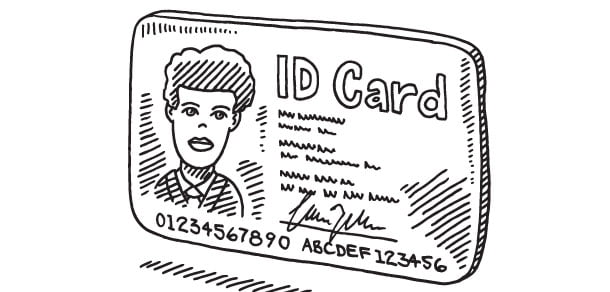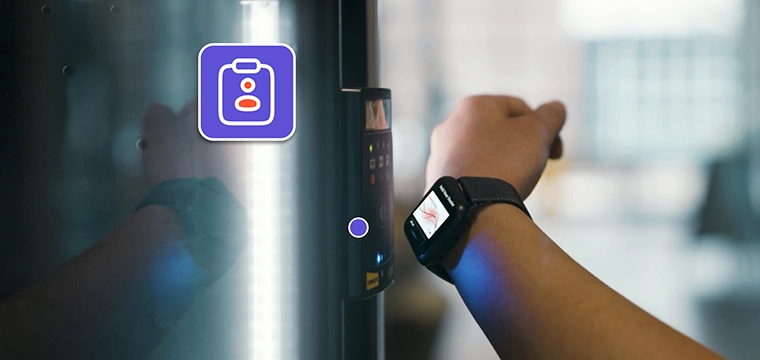
Though such practices are still to be avoided, choosing the right materials is important when it comes to durability. But first any issuer must decide what durability means in their environment.
“Does the issuer want the ID to last for one, five or 10 years?” asks Scaglia. “Will the card be used once in awhile or multiple times each day? All of this will impact durability.”
Electronic components add another level of complexity when talking about durability. More and more, identity documents contain embedded electronics, and protecting these chips and antenna coils is important. “If you use highly rigid card materials with embedded electronics, in time they may crack,” says Scaglia. He adds that both PVC and polycarbonate are typically considered among the more rigid card materials.
[pullquote]Blended cards such as PVC and polyester resist cracking during repetitive flex testing better than pure PVC card stock.[/pullquote]
Cards with embedded electronic components may have a shorter lifespan based on that fact alone, says Brad McGoran, principal engineer at Exponent, a consultancy that performs card testing. “With contact, contactless and dual-interface cards, our experience and testing have shown that the durability of the internal components, circuitry and connections can significantly affect card life longevity,” he explains.
Still, maximizing lifespan is the goal and composite cards made with different materials have the best durability, says McGoran. “Blended cards such as PVC and polyester blends tend to resist cracking during repetitive flexure testing better than pure PVC card stock,” he explains. “We have observed this often translates to longer service life in the field for these blended cards versus pure PVC card bodies.”
There are several facets to card durability. A primary consideration is the mechanical durability of the card body, which includes characteristics like bending and stiffness, peel strength and resistance to chemicals, says McGoran.
Additionally, there are the durability characteristics of the printed and laminated features on the card. These include the abrasion resistance of the magnetic stripe or printed barcode, the resistance of the printed dye to smear or drift, and the UV resistance of the printed surface, McGoran explains.
Experts seem to agree that the biggest downside for PVC is durability. As issuers spend more money embedding electronics such as contact or contactless chips, they want longer life out of their credentials. PVC vendors will say their credentials can last up to five years or longer, but large-scale testing of PVC-only cards hasn’t been done in more than a decade, says Dave Tushie, technical and standards representative at the International Card Manufacturers Association.




